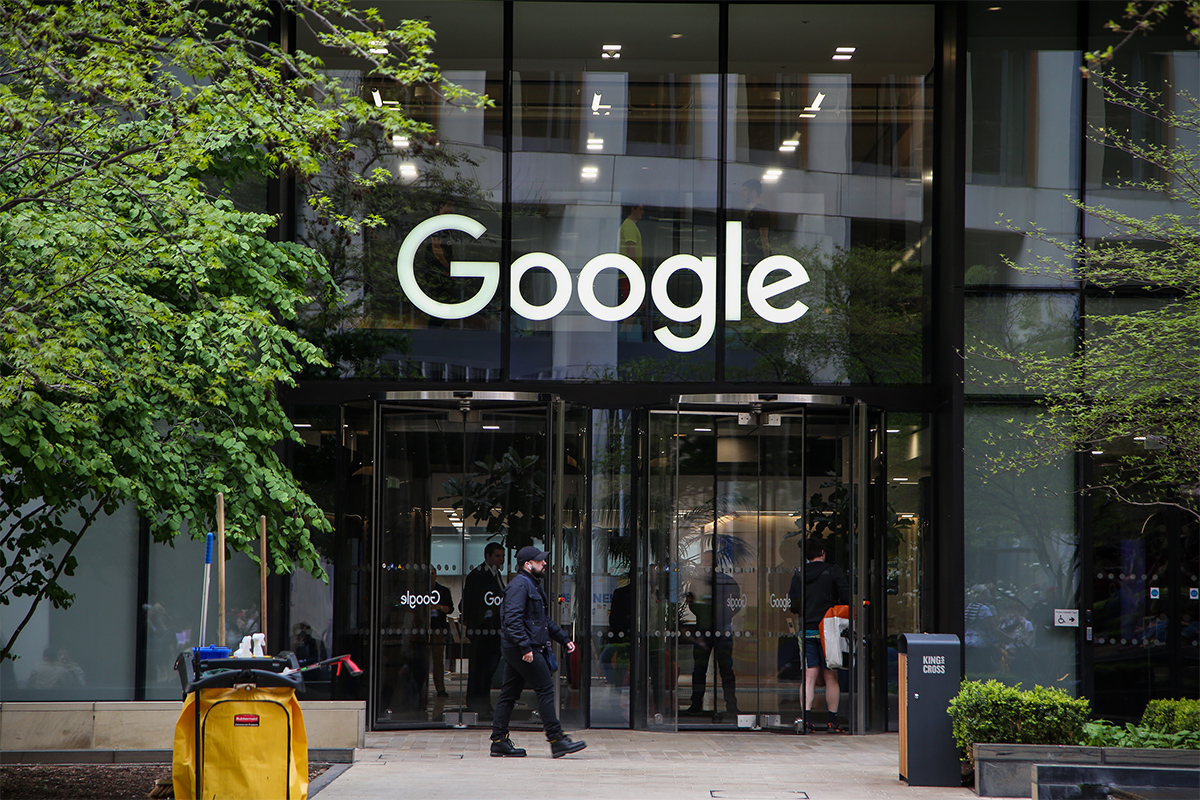The shift from growth and development to profitability can be a defining moment for some of the world’s most innovative and well-known companies. Tesla, Uber, Dropbox and Twitter took more than a decade to turn a profit, compared with tech giants Apple, Google and Facebook (now Meta), which reached this milestone within five years.
A recent study undertaken by Approve.com, which compares the founding year of big brands to their first profitable year, suggests that timing plays a decisive role. The tech industry, for instance, today is noticeably more competitive and saturated than it was 20 years ago when many of these companies were first launched. The exception is Amazon whose slow growth, totalling nine years, was a cause for concern for stockholders.
It took Tesla 17 years to become profitable, which is significant compared with Ford, which reached the milestone after just a few months. A boost in sales across Europe and Asia coupled with a new car model that turned out to be a bestseller in the US are some of the biggest drivers behind Tesla’s recent success.
For businesses focused on staying 10 steps ahead of their competition to meet the ever-growing needs of modern consumers, such as Amazon and Airbnb, the investments to make this possible can prolong gaining a quick return. From reducing shipping rates to tech upgrades and increasing brand awareness, investing in long-term gains in place of short-term wins is a decision and potential risk that every business grapples with.
The fastest companies to turn a profit

Ford
After abandoning his second venture, the Henry Ford Company, Henry Ford partnered with an acquaintance to create the Ford Motor Company in June 1903. Backed by 12 investors, the company had spent almost all its investment totalling US$28,000 around the time that it sold the first Ford model in July. However, by October Ford Motor Company turned a profit of US$37,000.
Apple
Long before it reached a US$3 trillion market cap this year, Apple’s Co-Founders Steve Jobs, Steve Wozniak, and Ronald Wayne struggled to secure a bank loan, as the concept of computers for the layperson was unheard of at the time. In July 1976 200 units of the Apple I were initially sold for US$667. The following year the Apple II was released with a slightly higher price tag of US$1,298 and by 1978 – two years after it was founded – the company was making its first net profit.
Alphabet (Google’s parent company)
In September 1997 Google was a registered domain and by the end of the following year it had an index of around 60 million pages. In 1999, Co-Founders Sergey Brin and Larry Page offered to sell the business to Excite CEO George Bell, who refused even at a reduced rate. Then in 2000 Google began selling advertisements associated with keywords (adwords, which was originally introduced by Goto.com. This credit-card-activated self-service ad program generated the company’s first profits by the end of 2001. Bids started at US$.05 per click.
Intel
Intel, the company that invented the microprocessor, was founded by Robert Noyce and Gordon Moore in 1968. After securing US$5 million in capital, the company introduced the DRAM in 1970, which was the first chip able to store large amounts of information. Three years after launching, Intel recorded its first profit.
Facebook (now Meta)
Within 24 hours of launching Facebook in February 2004 Mark Zuckerberg’s social networking platform attracted more than 1,000 uni students at Harvard, where he was studying. By September 2005 all US-based high school and uni students could sign up before Facebook.com became a global phenomenon and eventually became available to the general public. While the site is free to access, the company’s profits stem from advertising and it wasn’t until 2009 (five years later) that the company turned its first profit.
Companies yet to turn a profit

Epic Games
Epic, the creator of the immensely popular online video game Fortnite was founded in 1991, yet it isn’t likely to make a profit until 2027. The widely known Apple vs Epic Games lawsuit exposed losses totalling millions of dollars during recent years. Despite this, the company invested close to US$500 million into the Epic Games Store front in an attempt to rival Apple’s App Store in the future.
Zillow
Although more than two million people visit the popular online real estate marketplace that connects buyers and sellers in the US, the company recently announced that it would close its home-buying business and reduce its workforce by 25 per cent. For the business model to be profitable, the selling price must cover a range of expenses including the original purchase price, which is difficult to predict given fluctuating house prices. In the second quarter of 2021 the company bought almost 4,000 homes and sold just over 2,000 during this period.
Founded in 2005, Reddit attracts a huge number of active users who share articles and post comments on just about any topic. Although the company is yet to report an annual profit, it has been chasing advertisers who are eager to take advantage of the platform’s diverse and rapidly growing user base. “There are simply more users on the platform. More communities are represented, and by extension there are more brands interested in working with us,” explains Zubair Jandali, Reddit’s former Vice President of Sales.
Airbnb
While most people are familiar with Airbnb’s service fee that is charged to both the host and the guest using the home-sharing platform, there are a number of reasons for its US$322 million reported loss in 2019. From tech upgrades and safety initiatives to marketing spend and acquisitions, it’s evident that the company is investing in its future as more than a home-sharing service provider. However, this comes at a high cost that is yet to see results.
Grammarly
Founded in 2009 by three Ukrainian entrepreneurs, Alex Shevchenko, Dmytros Lider, and Max Lytvyn, Grammarly’s digital writing tool gives people the flexibility to access and use the free option for as long as they choose with no obligation to upgrade. Backed by venture capital funding, the company has been able to expand as a result and help a broad range of professionals in their careers.
Read next: Big profitable companies that are becoming the unlikeliest green leaders







